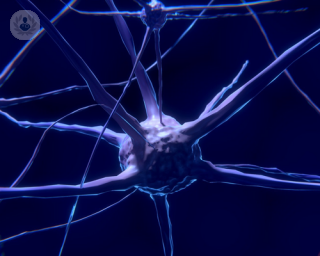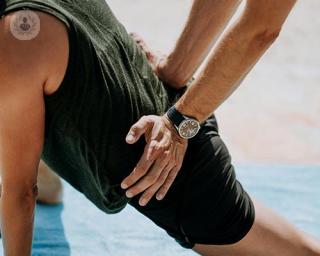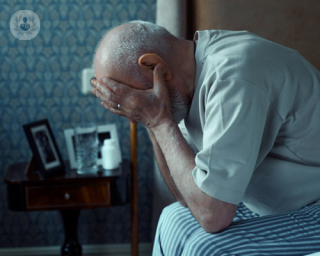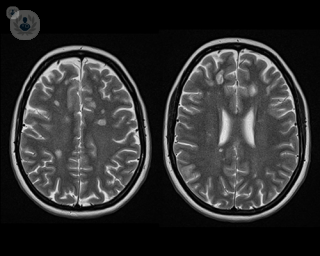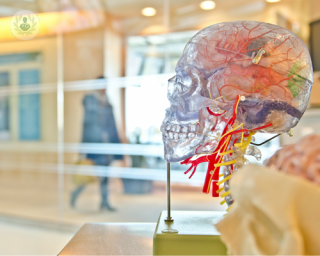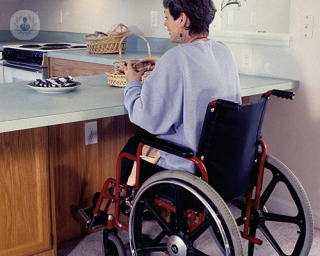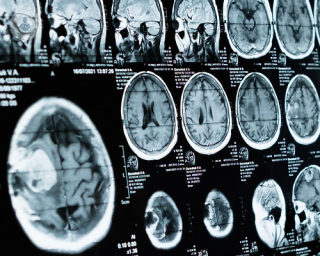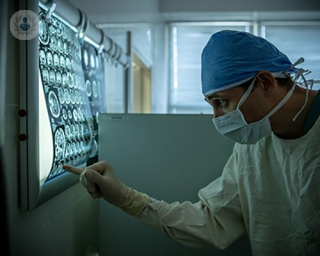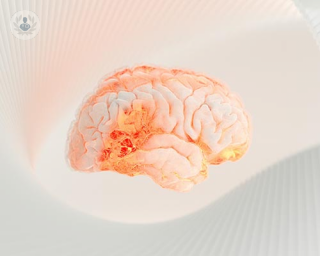
Dr Tahira Choudry
03.07.24
Neurologia
Neurology is a fascinating and vital branch of medicine that focuses on the nervous system, which includes the brain, spinal cord, and peripheral nerves. As complex as this field might seem, understanding the basics can empower patients to better navigate their neurological health. Esteemed consultant neurologist Dr Tahira Choudry discusses the key aspects of neurology to help you become more familiar with how this intricate system works and what it means for your health.

